Researchers have uncovered a shocking link between diet and colon cancer in young adults. This mind-blowing revelation could change the way you look at your favorite treats.
According to various studies, the rise of colon cancer in youngsters is on rise. The numbers have drastically increased year over year. Get ready to rethink your snacking habits!
The Gut-Wrenching Truth About Sugar and Fiber

Too much sugar and not enough fiber? That’s a potential recipe for disaster, according to the latest research as this dietary imbalance can wreak havoc on your gut.
The findings come as 95 percent of Americans don’t get enough fiber, according to the USDA. Fiber plays a crucial role in preventing colon cancer.
The Bacteria That Ages You Faster
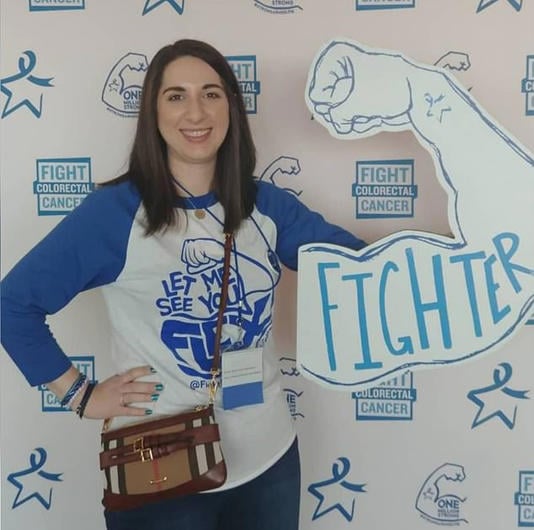
A specific type of bacteria is on the loose, and it’s accelerating the aging process of your cells.
Researchers found that younger colon cancer patients who had diets low in fiber and high in sugar produce a bacteria called Fusobacterium, which increases inflammation throughout the gut.
Cancer’s Favorite Snack: Are You Feeding It?
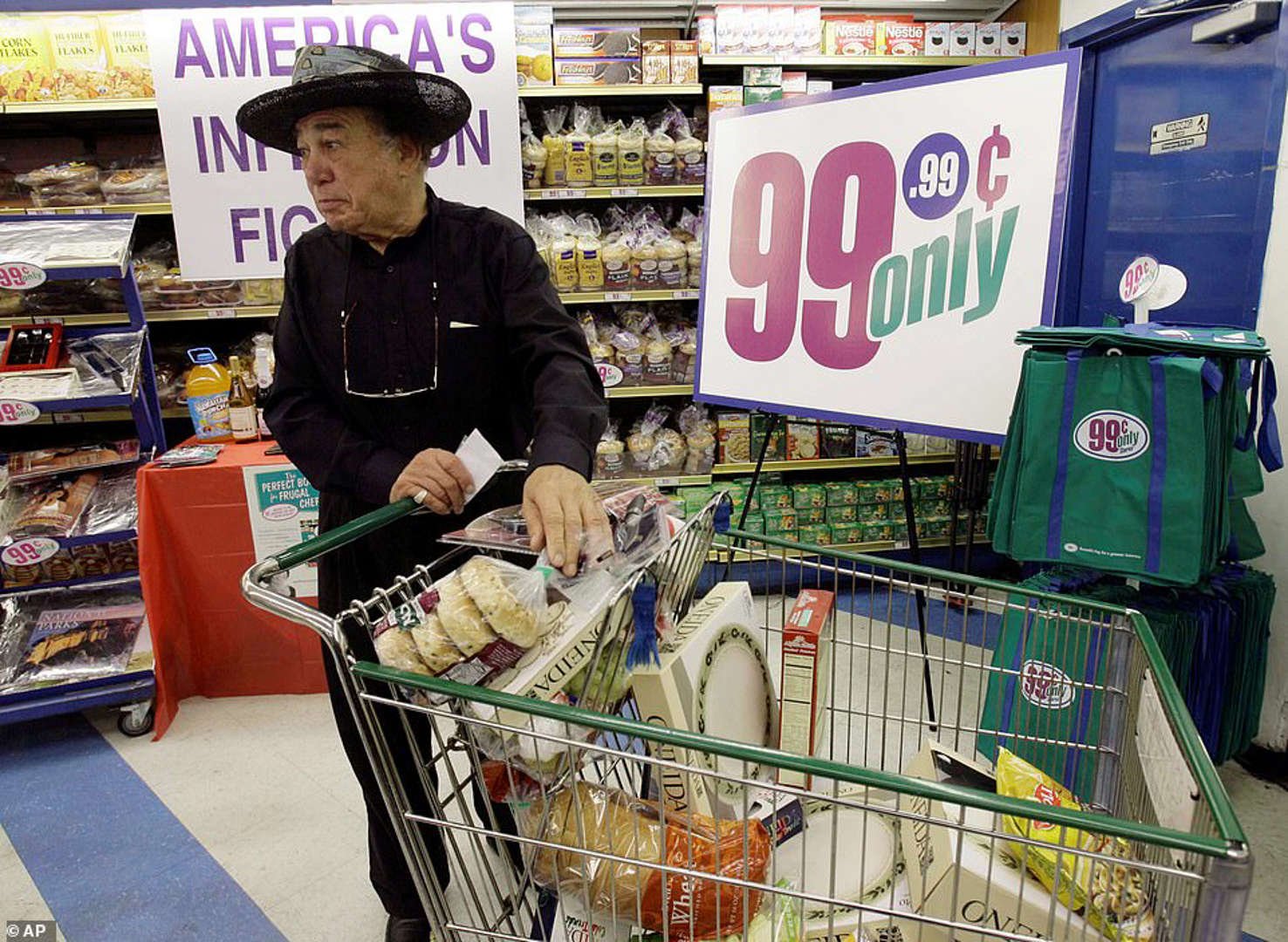
You might be unknowingly providing a feast for cancer cells, and the culprit could be hiding in plain sight. Sustained inflammation has been shown to age cells.
Researchers estimated that regular poor diets in young colorectal cancer patients aged their cells by up to 15 years older than a person’s biological age.
The Hidden Threat in Your Energy Drinks

Energy drinks are a popular pick-me-up, but what if they’re also fueling a deadly disease. Discoveries show the jaw-dropping link between these beverages and an alarming cancer epidemic.
Researchers at the University of Florida introduced a trial this weekend which will aim to evaluate the effect of energy drinks on young colorectal cancer patients.
Taurine: The Amino Acid You Didn’t Know Could Be Dangerous
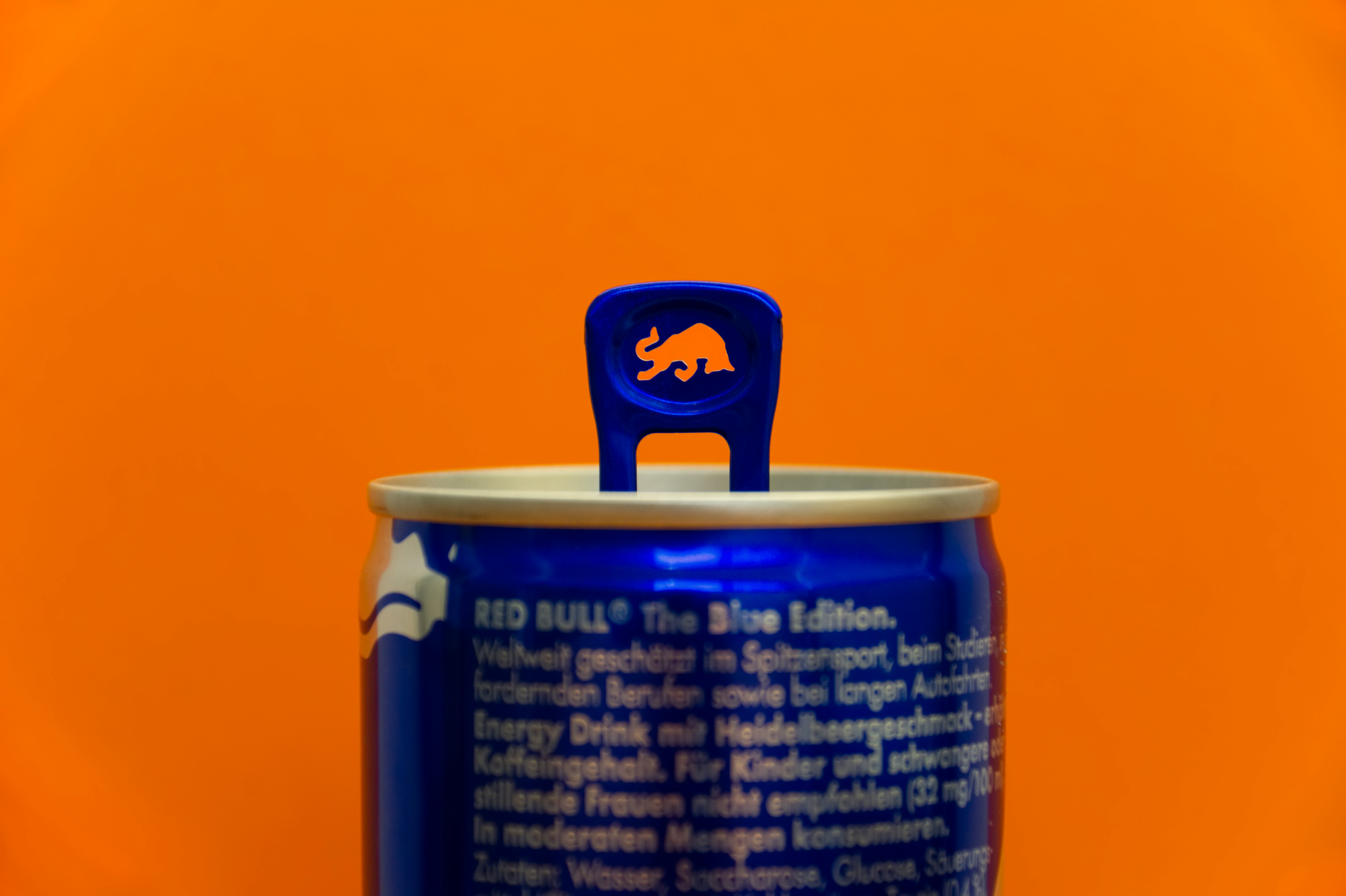
You’ve heard of taurine, but did you know it could be contributing to a rise in cancer cases among young adults? There are unexpected villains hiding in your favorite energy drinks.
The team is recruiting 60 colorectal cancer patients ages 18 to 40 with no family history of the disease to see if taurine, an ingredient in energy drinks like Red Bull, feeds H2S-metabolizing bacteria, which has been linked to increased incidences of colorectal cancer.
The Fiber Deficit: Are You Getting Enough?
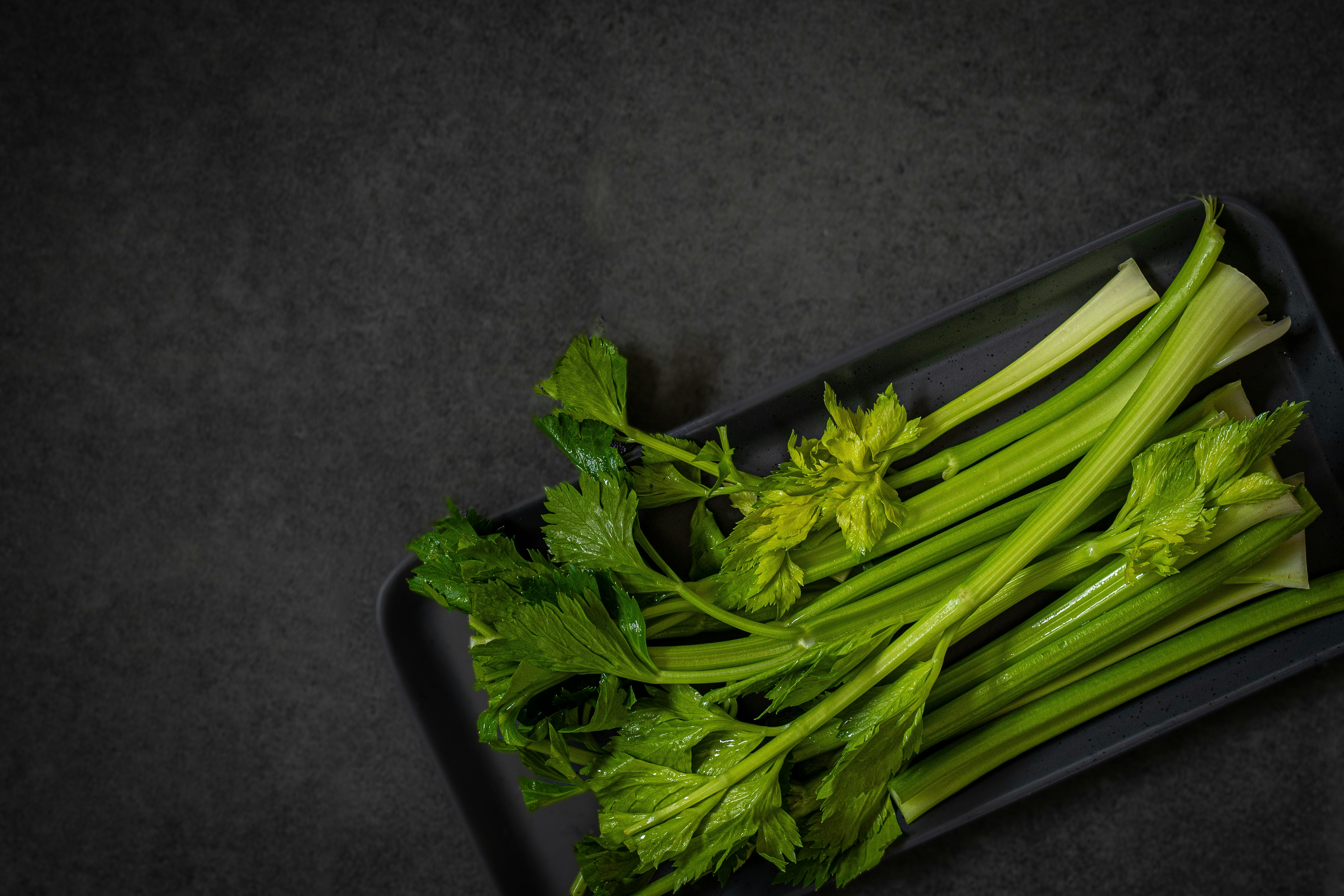
Fiber is the unsung hero of a healthy diet, but most Americans are falling short. The agency recommends that adults get between 25 and 30 grams of fiber every day, which is roughly the equivalent of two to three bowls of oats or one cup of chickpeas.
However, most Americans consume only about 10 to 15 grams of fiber a day. Adding green leafy vegetables, such as celery, can prevent risks of colon cancer in young people and adults.
Inflammation: The Silent Ager You Need to Avoid

Inflammation is more than just a buzzword – it’s a cellular aging accelerant that could be putting you at risk for cancer. Your diet could be fueling this dangerous process without your knowledge.
Fibre, in contrast, slows the release of glucose in the blood (blood sugar) and feeds healthy gut bacteria that lower inflammation. Avoid sugary foods that cause inflammation.
The Gut-Microbiome Connection You Can’t Ignore
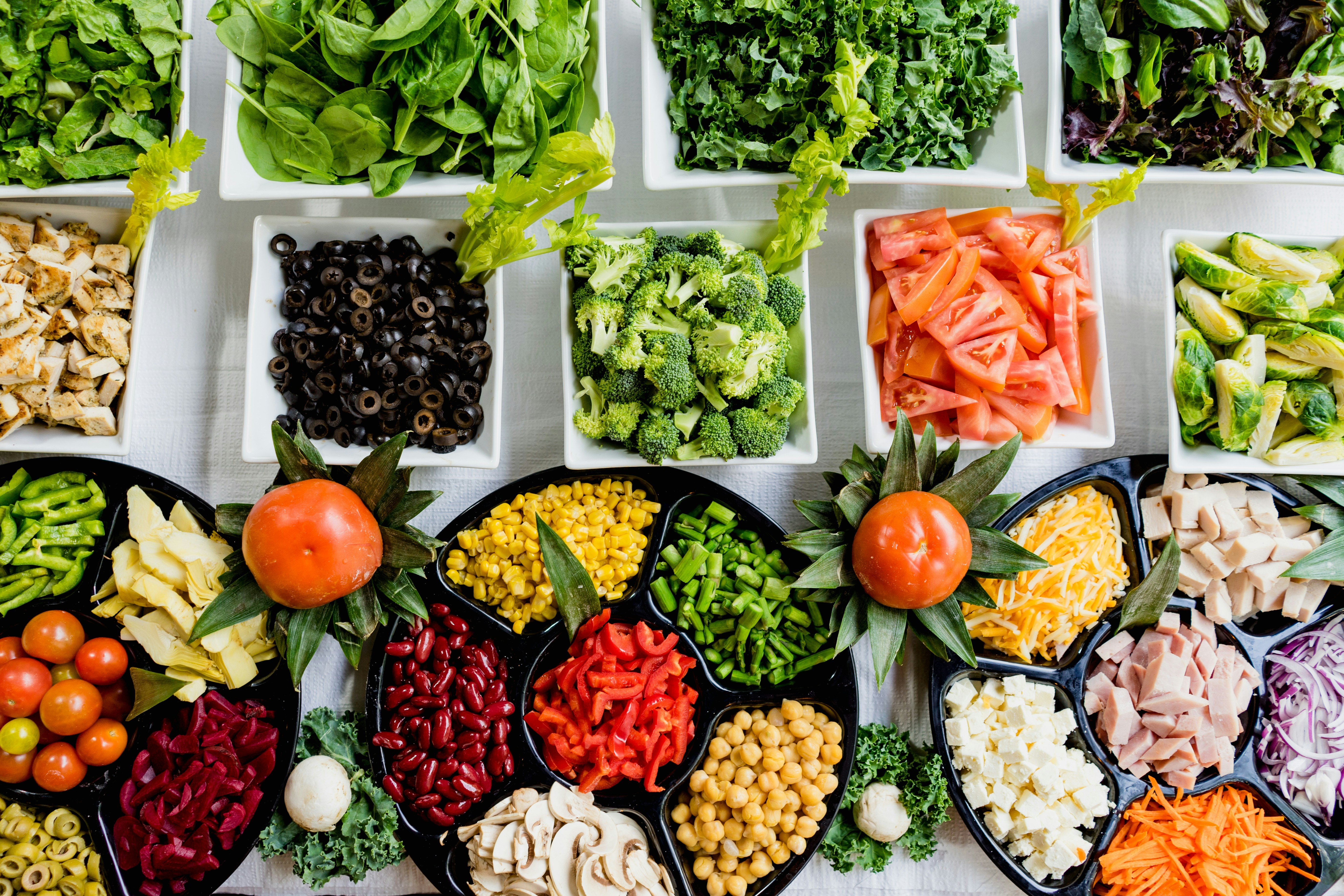
Your gut microbiome is a delicate ecosystem, and the foods you consume could be throwing it off balance. There is startling link between this imbalance and a deadly disease that’s on the rise.
The team noted that the findings align with other recent data, suggesting that low-fiber, processed diets throw off the gut microbiome balance in a process called intestinal dysbiosis.
The Future of Colon Cancer: Knowledge is Power

Groundbreaking studies are shedding light on the dietary drivers of colon cancer in young adults. As of March 2024, 32 percent of adults ages 18 to 29 consume energy drinks regularly.
Energy drinks are the second-most popular ‘dietary supplement’ among adults in that age group behind multivitamins. Steer clear from energy drinks to prevent colon cancer.


